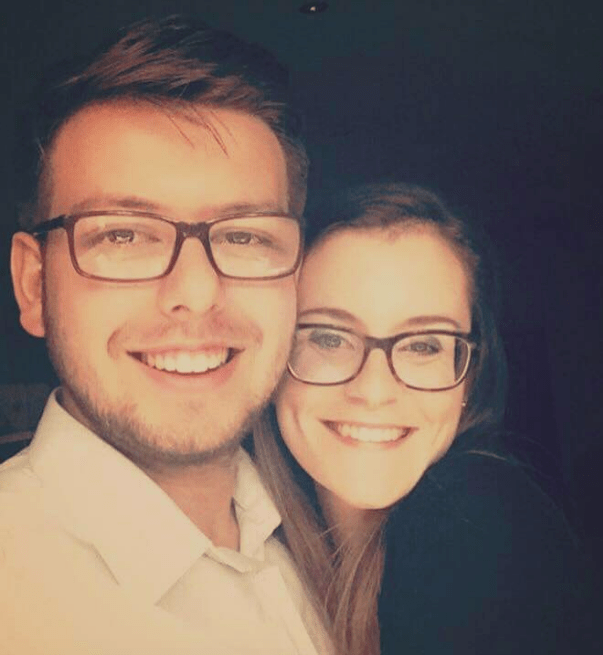 I met Daniel properly for the first time on the 4th May 2014. He had read a lot of my blogs before we even started talking, so he knew all about my condition. He knew my younger brother, Joe, who had also mentioned a few things here and there, so I never had to break it to him that I live with this unpredictable condition of Epilepsy. Sometimes that can be one of the hardest parts in the beginning of a new relationship.
I met Daniel properly for the first time on the 4th May 2014. He had read a lot of my blogs before we even started talking, so he knew all about my condition. He knew my younger brother, Joe, who had also mentioned a few things here and there, so I never had to break it to him that I live with this unpredictable condition of Epilepsy. Sometimes that can be one of the hardest parts in the beginning of a new relationship.
On dating
My seizures used to be controlled (somewhat) when we first met. So I never really addressed what could happen, other than if he suggested we go to certain places, and if I thought it could be a possible trigger, I’d suggest we did something else and he was completely fine with it.
I remember the first time Daniel and I went to see a film at the cinema in town. I remember vividly panicking in my mind that “What if there are flashing lights that we’re not warned about and I have a seizure? What will he think when he sees it happen for the first time.”
One thing that worried me most was the fear of losing bladder control from a seizure. I can’t even believe I have written that for the whole world to read, but it’s a reality. A Tonic-Clonic seizure, the type most people know, causes you to lose consciousness and often collapse. During the clonic phase, muscle contractions cause your body to jerk. Your jaws clamp shut and you may bite your tongue. Your bladder may contract and cause you to urinate. It is embarrassing no matter how many times it happens and where it happens, it’s natural to feel this way.
On Dating: “What if there are flashing lights that we’re not warned about and I have a seizure? What will he think when he sees it happen for the first time.”
A relationship made stronger
I think because I was diagnosed with epilepsy before I had even thought about dating someone, it wasn’t so hard for me, because it was all I knew. But I think it was also easier for me as Dan had read about me in the news (For epilepsy related projects, nothing bad) and he knew a lot about me before I had even introduced myself. At the end of the day, if there is a problem when you tell a person you meet about your condition, then they’re not the right person for you.
Having a support network
I am really close to my family and have a wonderful support network of friends, but honestly Daniel is the most important source of emotional and practical support for me. Although I didn’t have him when I was diagnosed at the age of 10, he has seen me through continued diagnoses and hospital admissions and appointments. Emotional support from partners is extremely important and I have met a lot of people who would rather talk about epilepsy and their feelings with their partners than with parents or family.
When things get tough
The hardest time for both myself, my family and Dan, was in August 2017, when I had my biggest seizure to date. I went into what is called Status Epilepticus and I didn’t regain consciousness for almost 13 hours. My heart beat dropped so low that Daniel, as a nurse, knew the dangers of what was possible in those 13 hours, but he stayed strong for my parents.
I remember waking up. I took a big breath and woke up to the pervasive smell of hospital, you know that medical smell, invading my mouth and nose–so strong that I could taste it. The room seemed silent apart from my heavy breathing under the oxygen mask and the beep sound of the BP machine and heart monitor next to me indicating that I was somewhat alive, I didn’t feel it though. I slowly opened my eyes, they felt all stuck together and it took a moment to get my vision slightly clear enough that I could see where I was.
I could see medical equipment all around me, the rails of the bed up by my face. Everything was blurry, then I realized I didn’t have my glasses on. I glanced around and took in the neutral hospital colours. How long have I been here? I shut my eyes, trying to remember what had exactly happened. I remembered nothing.
I opened my eyes again and first thing I said was “Where’s Dan?” I wanted my parents too, but Dan was the first person that came to mind. I heard a little voice of “I’m here” as he grabbed my cannulated hand over the hospital bed tightly. I was a mess, emotionally and appearance wise but at that moment in time, I didn’t care and neither did he. He, my Mum and my brother’s girlfriend, Emily, had sat with me from the moment I went into the blue lighted ambulance, ‘til the moment I woke up. Mum and Emily went home to get my things, and Dan stayed with me until the moment I was taken to a ward until visiting time was over.
I don’t remember getting to the ward, I was slipping in and out of consciousness again for hours after initially waking up, but every time I woke, Daniel was there to hold my hand. Mum and Emily were there too of course, but as family they would be there because that’s what family do. I have heard a lot of sad stories over the years, and Dan had every opportunity in the world to say “You know what, I don’t think I can cope being with someone I could lose to this uncontrolled condition at any minute” but he hasn’t, and I know he never will.
A little advice
One thing I can advise partners to do when it comes to supporting their loved one in times of need, is to speak in a loving tone more than they ever would, and remember to smile. Almost half of communication is tonal and a little more than half is visual. Speaking in a sincere and loving tone will let your loved one know you are coming from a caring place.
“Thank you Dan, for being there for me, hand in hand, every minute of every day. I could conquer the world with just one hand, as long as you are holding the other.”
DON’T MISS: Dan’s side of the story, later this week!



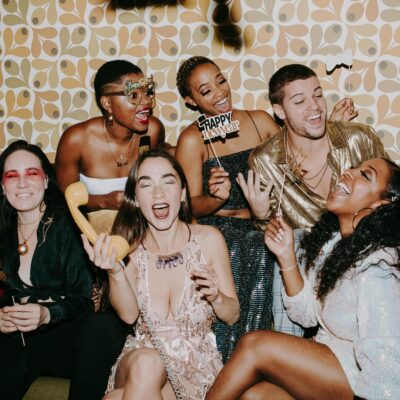
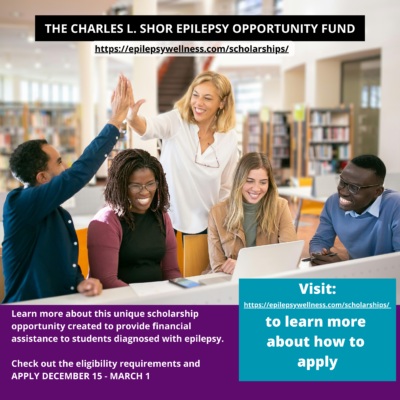



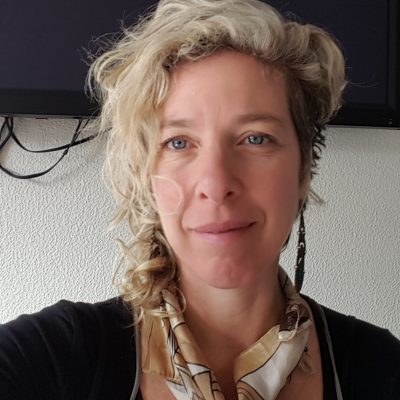
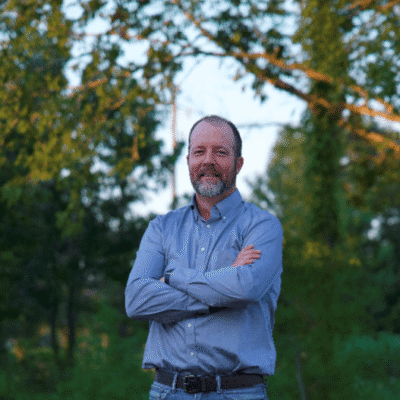
Gina
You have an incredible story. Thanks for sharing your relationship and letting others like myself that were not alone in the challenges epilepsy tends to catch us off guard.